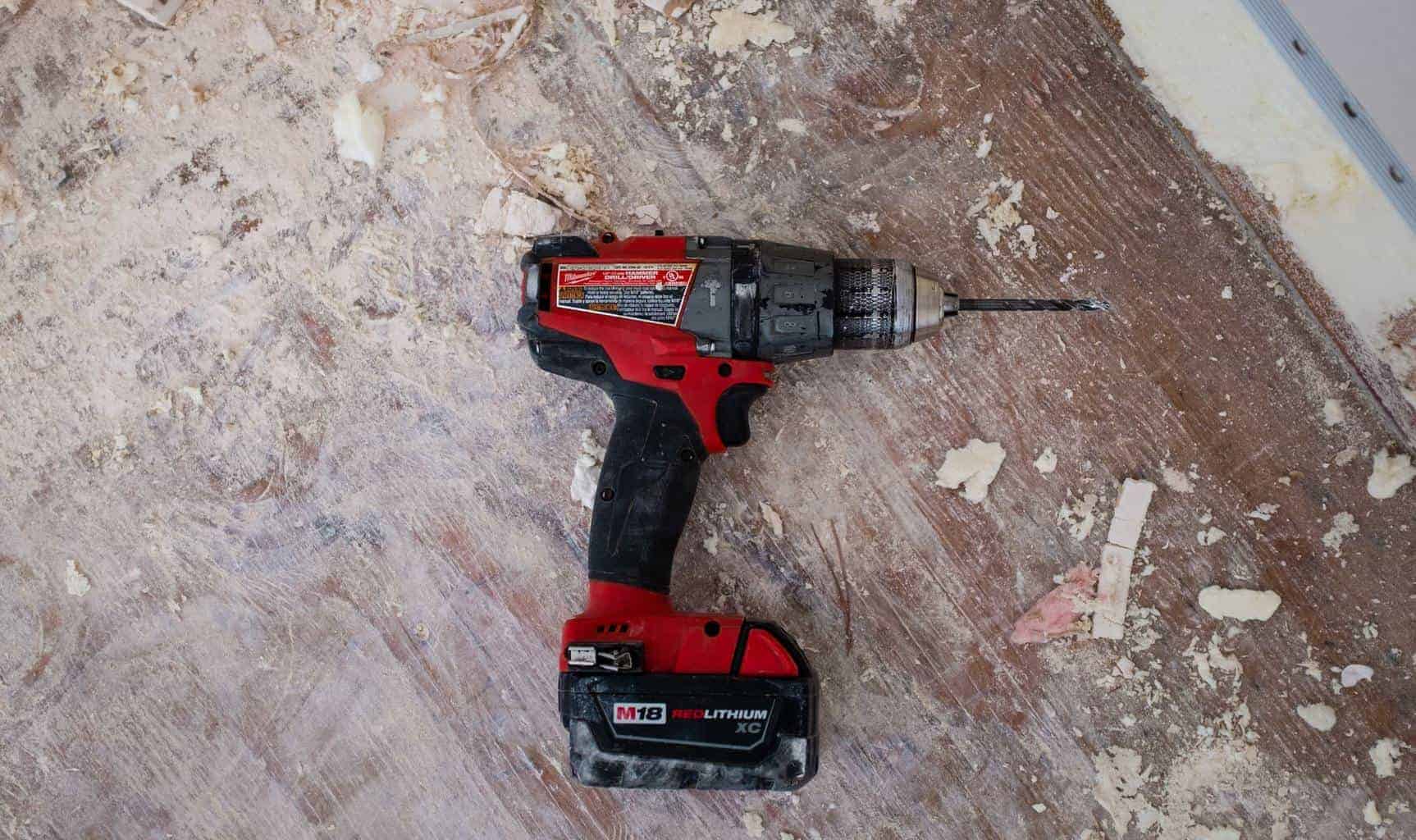The construction industry in the U.S. experienced exponential growth in the last two years, and these figures are expected to keep climbing. If you’re a contractor and want to take advantage of this opportunity to expand operations, you’re in luck.
In this guide, you’ll discover the five largest building material suppliers that make this possible, along with an option worth considering if you want to secure more construction projects without exposing your business to an undue amount of financial risk.
Ways to Purchase Construction Materials from a Supplier
Pay Upfront
If you have an excess of cash on hand, you can pay the supplier upfront using cash, a debit card or a credit card. Some suppliers will also accept checks and electronic bank transfers.
The drawback to this payment method is the availability of funds once the materials are purchased. Depending on your company’s reserves and when you’ll receive payment from the builder or party that hired you to complete the work, you could end up in a financial bind if there are delays.
Get a Loan or Pay With A Credit Card
Loans and credit cards are also an option to secure the construction materials you need to complete projects. The downside is you’ll likely pay steep interest rates on the amount you borrow, and some suppliers charge transaction fees – both eat into your profit margin. And the longer it takes to get paid, the more money you’ll fork over in interest to the lender or credit card issuer.
The Five Largest Construction Building Materials Suppliers
1. Builders FirstSource
- 2020 Revenue: $12.8B*
Builders FirstSource is the largest structural building and value-added product supplier in the nation. It was founded in 1998, and it caters to professional home builders and remodelers. Customers can also count on Builders FirstSource for product installation, design services, turn-key framing and other construction-related services.
The supplier prides itself on helping those they serve to minimize construction costs and building times while improving output quality and project safety.
2. ABC Supply Co.
- 2020 Revenue: $12.1B*
ABC Supply Co. takes a close second as a leading building material supplier. Established in 1982, it has evolved as a go-to supplier for decking, doors, low slope roofing, rain gutters, railing, rainware, roofing accessories, roofing insulation, siding, steep slope roofing, windows and other related construction materials.
There are over 800 physical locations in 49 states throughout the U.S.
3. Beacon
- 2020 Revenue: $6.7B
Beacon has over 100 years of experience serving contractors and builders. The supplier is the largest publicly traded distributor of roofing materials and related products. You can browse an assortment of building materials, along with insulation, roofing, waterproofing, siding and gutter-related products directly on the website. However, you will need to register as a residential or commercial contractor to purchase materials.
It is headquartered in Herndon, Virginia, and boasts a team of over 6,000 employees throughout the U.S. and Canada.
4. 84 Lumber
- 2020 Revenue: $4.7B
84 Lumber is another leading provider of top-notch building materials. Since its inception in 1956, customers have received exceptional service, which has led to a rapid expansion of the brand. The first retail stores surfaced in 1970 to facilitate the company’s shift from “lumberyard” to building materials supplier.
There’s an assortment of materials listed online, but you’ll need to visit a physical location to make a purchase. You’ll find more than 250 stores around the U.S. to meet your company’s needs.
5. US LBM Holdings, Inc.
- 2020 Revenue: $4.3B
US LBM Holdings, Inc. takes the fifth spot on the list with an impressive $4.3B in annual revenue in 2020. With over 400 locations nationwide, the supplier takes pride in providing five-star customer service to the builders and contractors it serves.
Over 60,000 products are found inside the supplier’s catalog of building materials and specialty products. So, there’s no shortage of options to get the job done.
*Source: Modern Distribution Management Study







